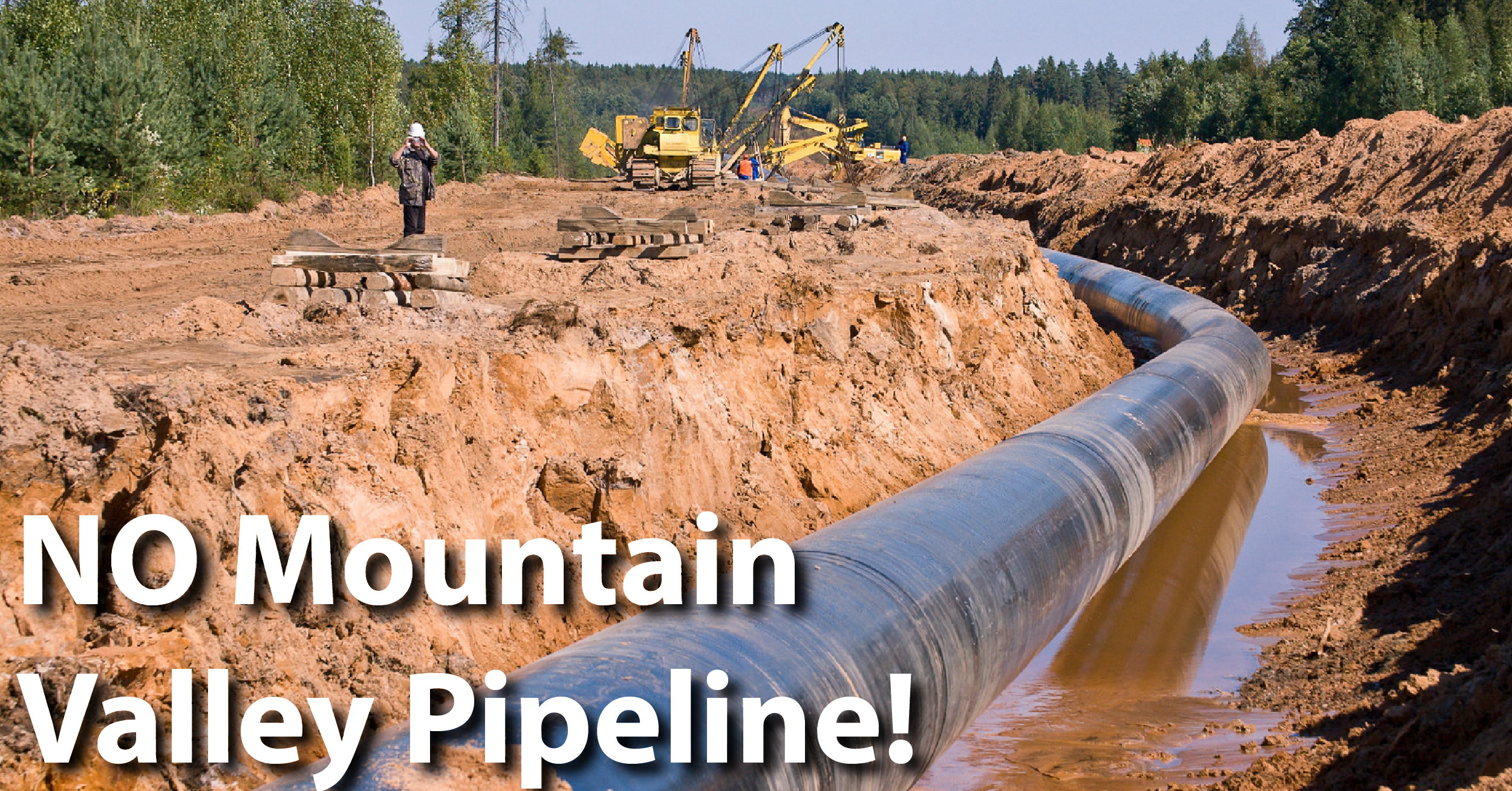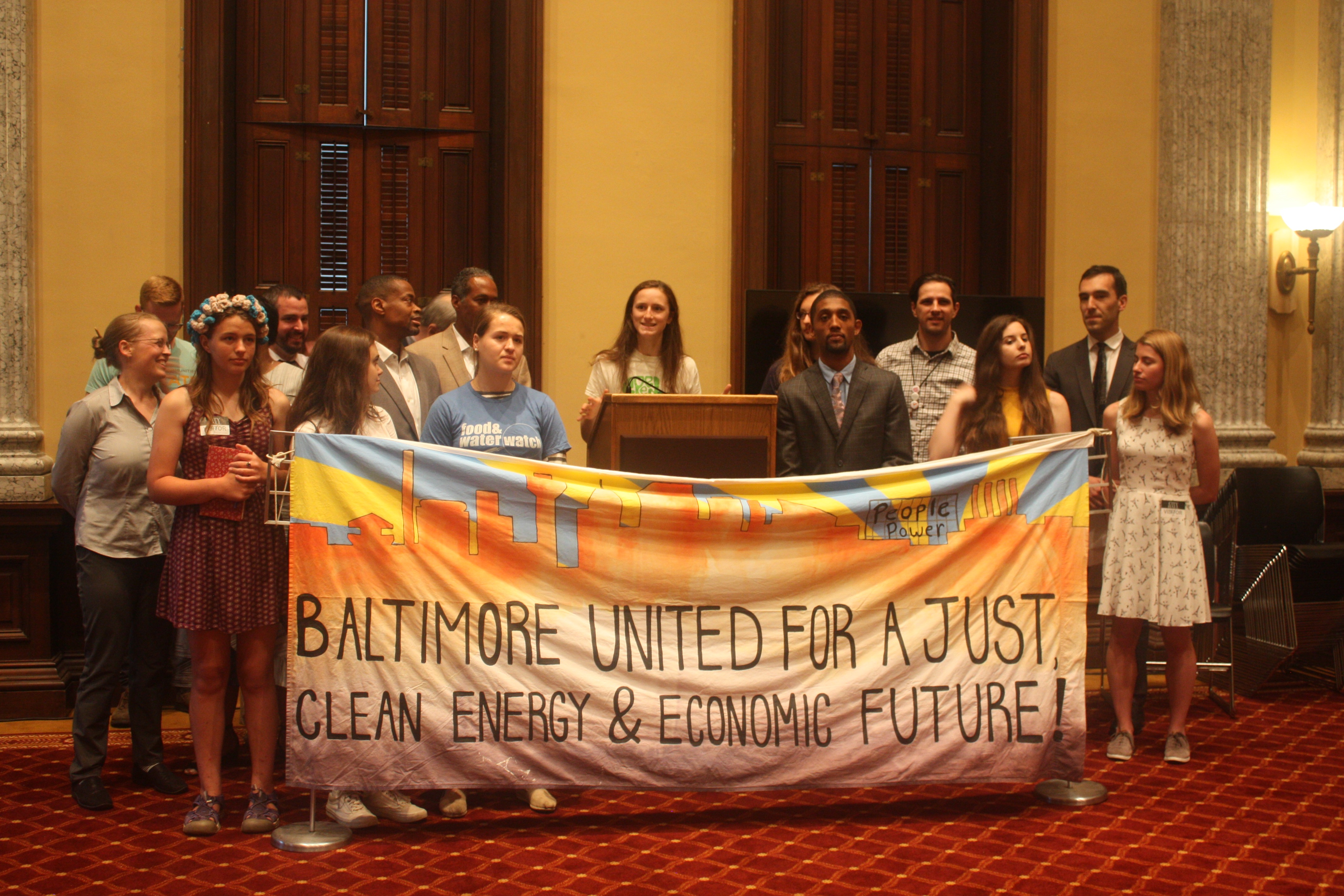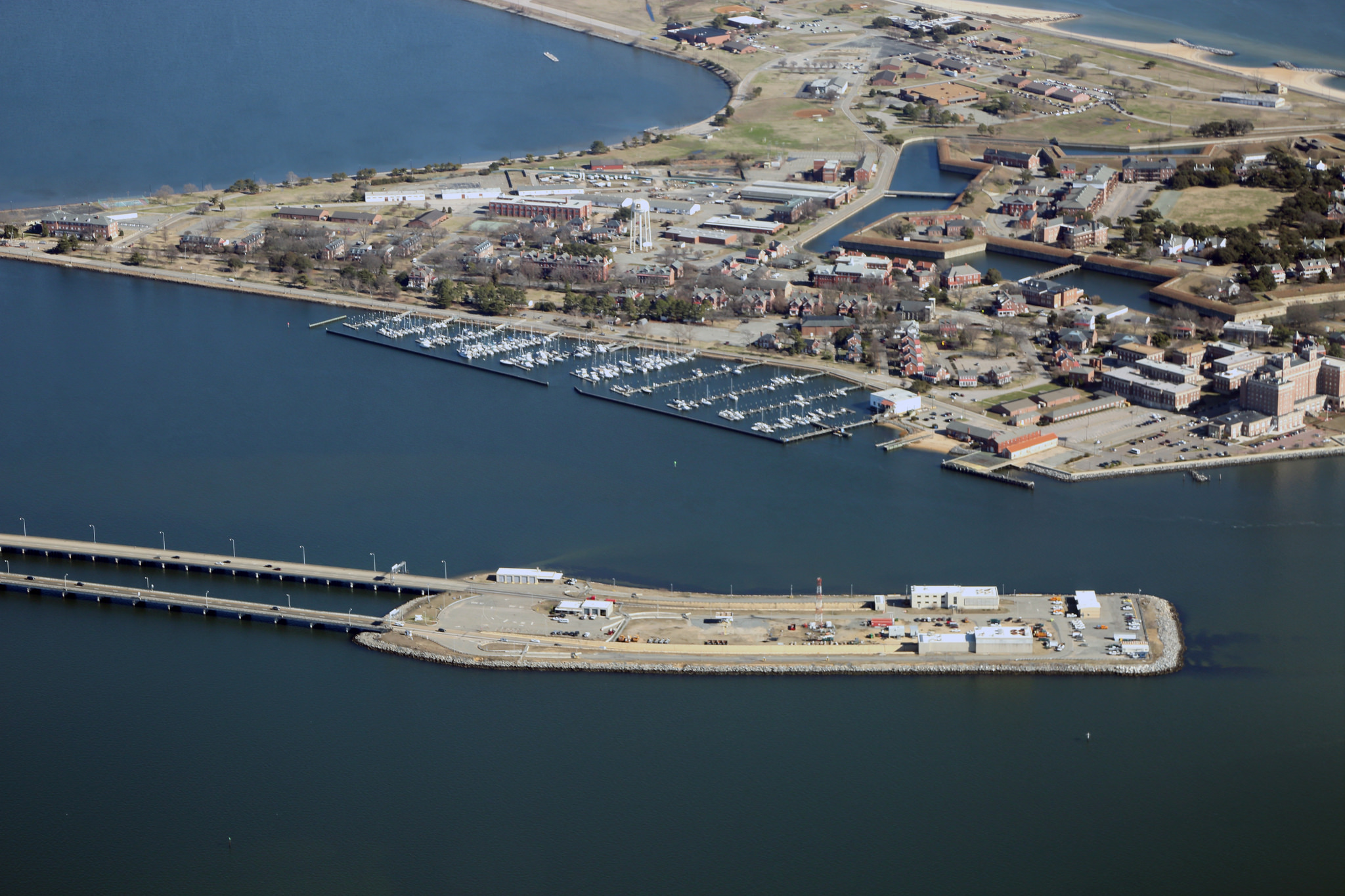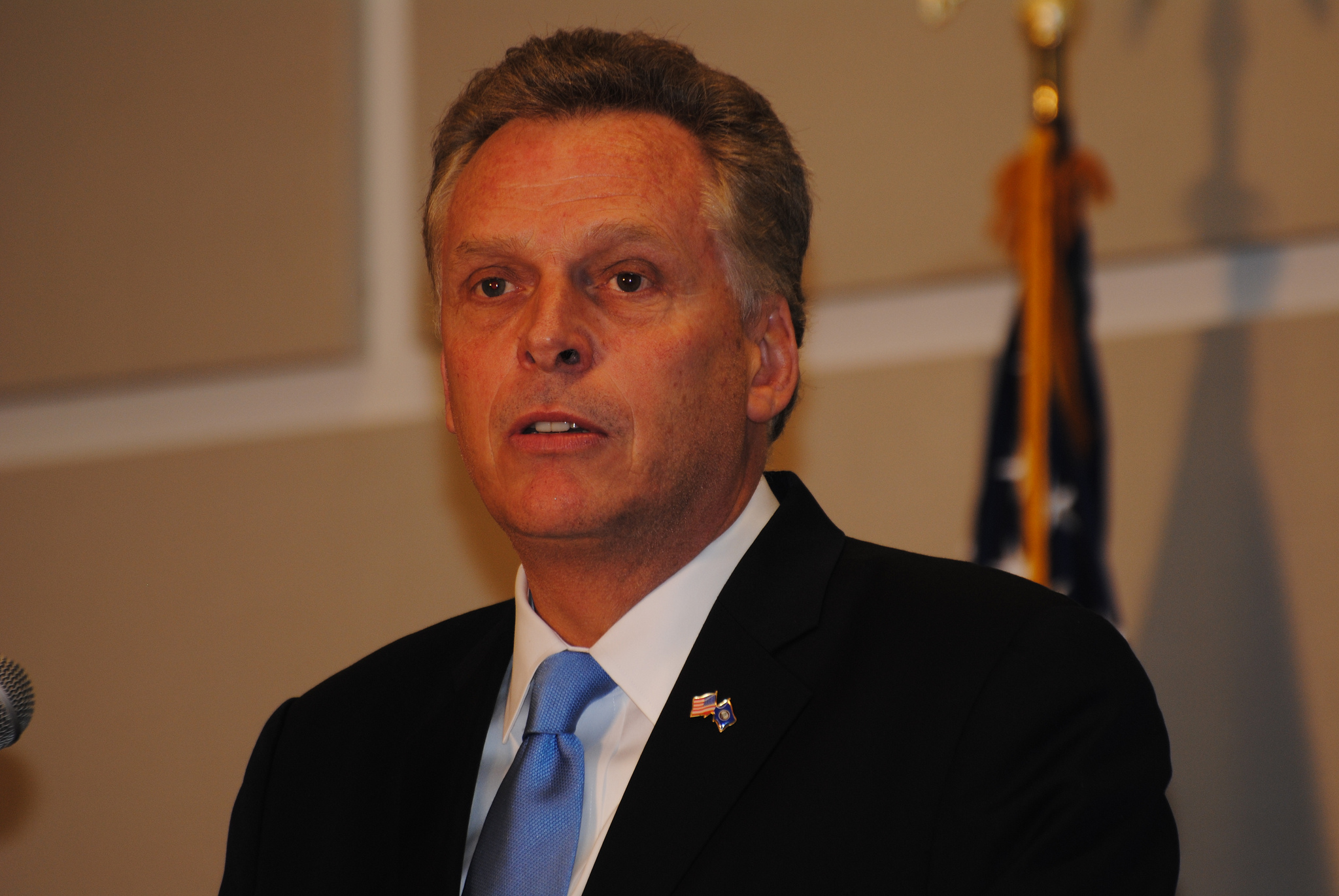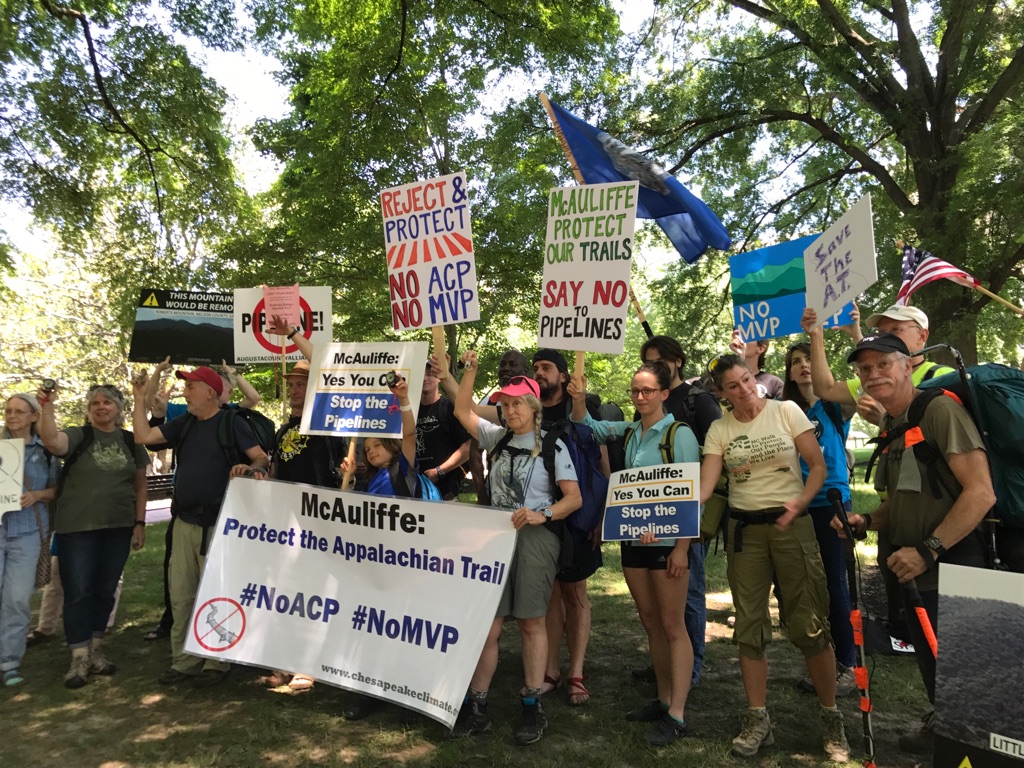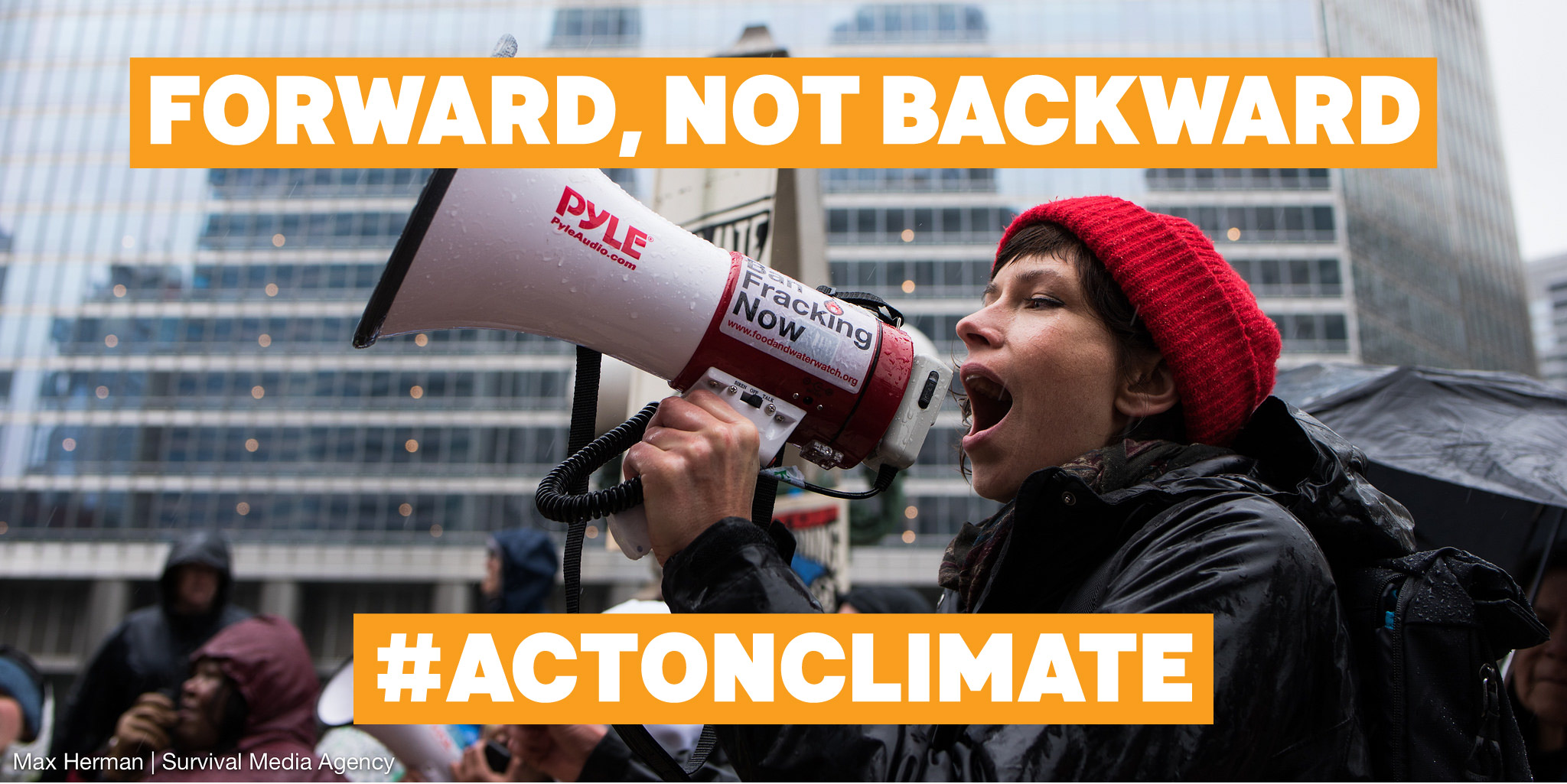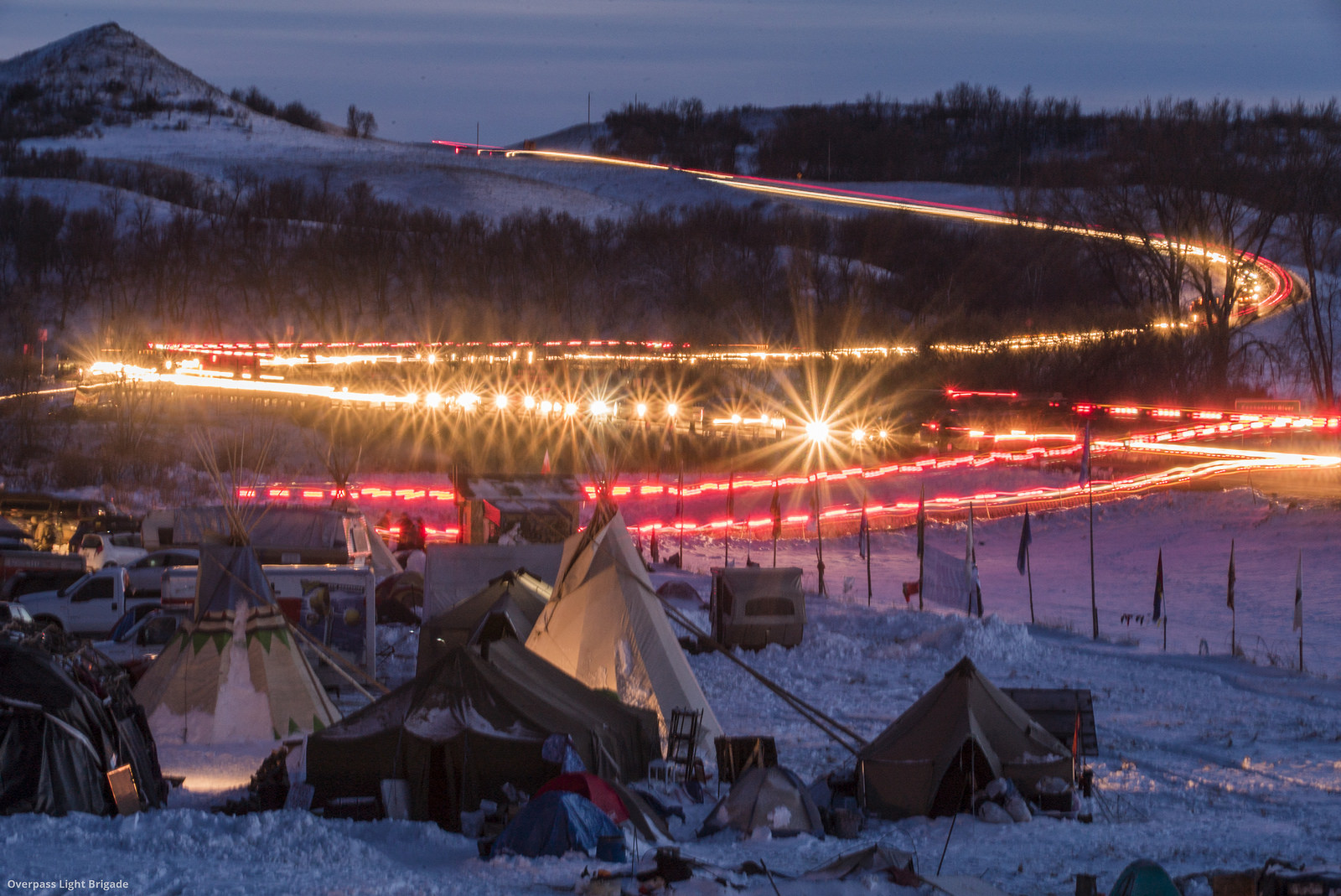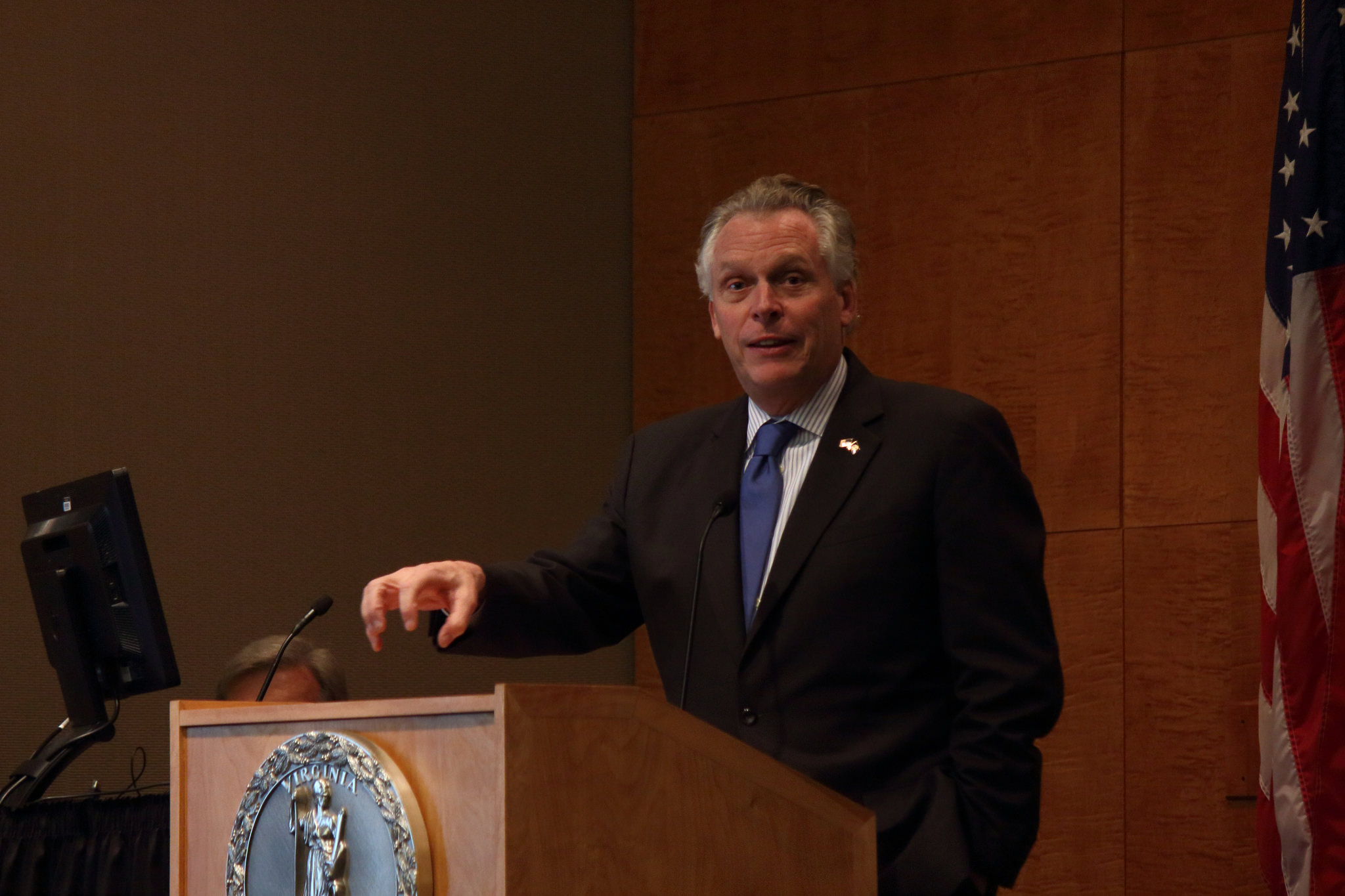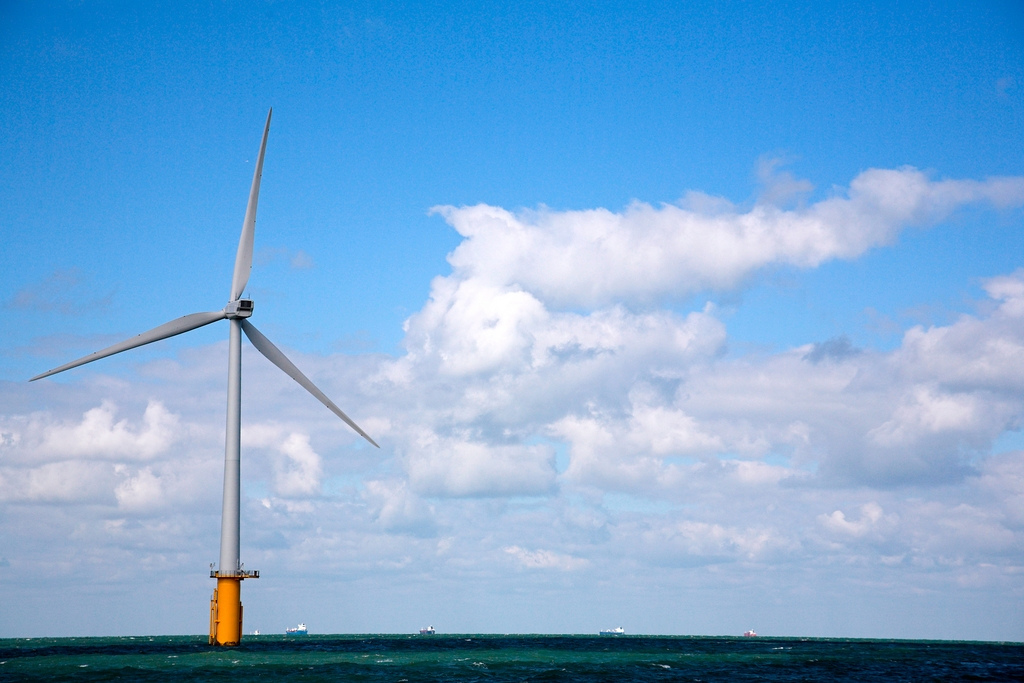A coalition of landowners and advocacy organizations today condemned the Federal Energy Regulatory Commission (FERC) for disregarding the profound and long-lasting human and environmental trauma the proposed Mountain Valley Pipeline (MVP) would cause. In its final environmental review, released Friday morning, FERC ignores the most harmful impacts this 300-mile-long pipeline for fracked gas would have on lives, communities, drinking water supplies, private property, local economies, and publicly owned natural resources. The groups called these risks unacceptable, especially for a pipeline that is not even needed. The coalition also calls the pipeline an assault on the climate and the future of children in West Virginia and Virginia, and notes that the pipeline can still be blocked on multiple federal, state, and legal levels.
The final environmental review1 issued today by FERC for the proposed $3.2 billion MVP — to be developed by EQT Midstream Partners; NextEra; Con Edison Transmission; WGL Midstream; and RGC Midstream — commits the same central failure of its draft review: failing to prove that the pipeline is needed. An independent study shows there is enough existing gas supply in Virginia and the Carolinas to meet consumer demand through 2030, while experts have warned that the gas industry is overbuilding pipeline infrastructure in West Virginia and Virginia. Key federal government agencies and officials have criticized FERC’s failure to properly determine a project’s need.
Former FERC Chairman and Director Norman Bay in his parting recommendations to the agency, urged the commission to rethink how it determines need when certifying natural gas pipelines. The Bureau of Land Management and Environmental Protection Agency have also criticized FERC specifically for failing to address whether the MVP is needed, and a bill has been introduced in the U.S. Senate to reform FERC’s approach to public engagement.
FERC has a history of greenlighting natural gas pipelines with insufficient reviews, resulting in dangerous leaks and spills. The Rover Pipeline recently spilled millions of gallons of drilling chemicals into Ohio’s wetlands, the Sabal Trail pipeline leaked drilling chemicals underground into the Withlacoochee River in Florida, and the highly contentious Dakota Access pipeline has already suffered three leaks.
West Virginia and Virginia citizens opposed to the MVP say FERC has proven unable to properly assess the environmental risks of these pipelines, and its incomplete reviews have dealt a huge blow to public confidence, not to mention safety and the environment. MVP developers submitted more than 16,000 pages of information after the Draft Environmental Impact Statement (EIS) was issued. The public did not have the opportunity to submit comments to FERC on the additional submittals. The NEPA review process for the MVP was bypassed by FERC.
While legal and environmental experts are continuing to review today’s document, they have initially identified major gaps in FERC’s Final EIS, including:
- An accurate assessment of whether the project is needed and in the public interest;2
- Alternative analysis including development of energy efficiency, solar, and wind as alternatives to construction of pipelines;
- A complete analysis of the cumulative, life-cycle climate pollution that would result from the pipeline;3
- A thorough and accurate analysis of visual impacts from the pipeline, including impacts to the iconic Appalachian Trail and potential damage to its tourism economy;
- Cumulative impacts analysis of all environmental and human health damage from increased gas fracking in West Virginia that would supply the pipeline;
- An analysis of the compound effects of multiple regional geo-hazards, including a meaningful analysis of the karst topography; and
- A thorough review of damage to water quality and natural resources along and downstream from the pipeline route.
The coalition is committed to blocking the pipeline through every available avenue on the federal, state, and legal levels to assure that the very best options for energy, jobs, and landowner rights are considered.
Statements from affected landowners, community members, and environmental and legal experts:
- Ty Bouldin, landowner in Summers County, West Virginia, stated: “The DEIS for the Mountain Valley Pipeline project was disheartening testimony to the inadequacies of FERC’s environmental assessment procedures. It failed to provide rational scientific standards for evaluating such impacts as were acknowledged. The DEIS simply argued that any impacts—however severe they might prove to be—would be judged acceptable. Such a conclusion was not valid given the inadequacies of the materials submitted by MVP, and it remains unacceptable as the basis for undertaking a responsible Final Environmental Impact Statement.”
- Maury Johnson, affected landowner in Monroe County WV and The Appalachian Trail Conservancy, Indian Creek Watershed Assoc. WV Rivers Coalition, and more, stated: “The Mountain Valley Pipeline will devalue our land, limit its uses and reduce taxes which support our schools and public services. It will jeopardize the safety and security of residents and anyone who visits the area where it is located. It will impact the water that we so much depend upon for our families, our farms and our communities. It will impact the world class water that comes from Peters Mountain in WV and VA. The impacts to the Jefferson National Forest and the Appalachian Trail will be severe and irreversible. It should be criminal to attempt such a pipeline when the profound environmental damage has not been adequately assessed by FERC, by West Virginia’s DEP or by Virginia’s DEQ.”
- Andrew Downs, Regional Director, Appalachian Trail Conservancy, stated: “The public has never been allowed adequate access to this process which increasingly seems like it’s been driven by distant a bureaucracy. The devastation anticipated to the Jefferson National Forest and the iconic Appalachian Trail is a violation of the public trust that spans from nearly a century and into our uncertain future.”
- Diana Christopulos, President, Roanoke Appalachian Trail Club, stated: “The FEIS ignores the potential negative impacts of the project on public drinking water supplies on the Roanoke River, even though the pipeline’s own consultants reported a major increase in sedimentation in the North Fork of the Roanoke River that would travel all the way from Jefferson National Forest through the cities of Salem and Roanoke to either Niagara Dam or Smith Mountain Lake. The FERC never required to applicant to report fully on the sediment that would occur on the South Fork of the Roanoke River, which could have significant impacts on the same downstream communities.”
- April Keating, Mountain Lakes Preservation Alliance/West Virginia Sierra Club/Protect Our Water, Heritage, Rights, stated: “Not only are these new pipelines not needed, but they lock us into flammable, radioactive, climate warming methane use at a time when renewable energy is needed most. Renewable energy is more affordable than ever and has created more jobs than the fossil fuel market in recent years. FERC has refused to look at cumulative impacts of this and other projects in the same region, which is doing a real disservice to our public health and putting a chokehold on our economic opportunities.”
- Anne Havemann, General Counsel, Chesapeake Climate Action Network, stated: “Time and again, we’ve seen how FERC’s utter failure to honestly assess the impacts of massive, dangerous gas pipelines. We know this pipeline would result in massive climate pollution equivalent to 26 new coal-fired power plants. FERC’s own former chairman has urged the commission to reconsider how it evaluates environmental impacts, including climate change. If FERC was honest in its environmental accounting, it would have no choice but to reject the project.”
- Dr. Richard Shingles, Coordinator, Preserve Giles County, stated: “An obscure, independent regulatory agency, controlled by the very gas and oil industry it is supposed to regulate, has taken one more step in a fraudulent ‘public review’ process towards finalizing a predetermined decision. The FEIS ignores the scientific consensus4 as to the cumulative threats to communities, local economies and natural resources and the pipeline itself. The multiple geological hazards abound in this region should make it a ‘no build zone’ for large, interstate, high pressure gas pipelines. To date FERC has failed to require the applicant to show that these threats can be avoided or safely mitigated – an assurance that the scientific consensus demonstrates cannot be provided.”
- Hugh Irwin, Landscape Conservation Planner, The Wilderness Society, stated: “Damage to national forest lands and values including wilderness, roadless lands, the Appalachian Trail, clean water, and wildlife habitat have been inadequately addressed, putting these public resources in jeopardy.”
- Jerolyn Deplazes, Secretary, Preserve Newport Historic Properties, stated: “FERC has shown blatant disregard for the laws concerning the protection of historical properties in the process of reviewing the MVP. Four landowners in the Greater Newport Rural Historic District have been denied the right to consult with FERC, MVP and other cooperating agencies to develop alternatives to the proposed route of MVP. And many filings by the Greater Newport Rural Historic District Committee have been made pointing out the continually incorrect, misleading, and apparently deliberately incomplete information provided to FERC by MVP and the failure of FERC to require full corrective action by MVP. Without complete and correct data input to FERC, there is no way that FERC can make an informed decision on the MVP project.”
- Ben Luckett, Staff Attorney, Appalachian Mountain Advocates, stated: “FERC’s failure to look at whether this pipeline is actually needed to serve the public, and not just the bank accounts of MVP’s shareholders, is absolutely galling. All too often, like with the recently completed Sabal Trail project, these new pipelines just shift gas away from existing infrastructure instead of offering any new beneficial service. Without a real market analysis, FERC can’t tell whether the pipeline’s extreme impacts to landowners, communities, and the environment will bring about any public benefit. Our independent studies indicate that they will not.”
CONTACT:
Kristen Friedel, Chesapeake Climate Action Network; kristen@chesapeakeclimate.org; 240-396-2146
Anne Havemann, Chesapeake Climate Action Network; anne@chesapeakeclimate.org; 240-396-1984
April Keating, Protect Our Water, Heritage, Rights; apkeating@hotmail.com; 304-642-9436
CONTACTS FOR THOSE QUOTED:
Maury Johnson, landowner: maurywjohnson@yahoo.com; 304-832-6085
April Keating, Mountain Lakes Preservation Alliance/West Virginia Sierra Club/Protect Our Water, Heritage, Rights: apkeating@hotmail.com; 304-642-9436
Andrew Downs, Appalachian Trail Conservancy: adowns@appalachiantrail.org; 540-904-4354
Diana Christopulos, Roanoke Appalachian Trail Club: dianak16@earthlink.net; 540-204-3961
Anne Havemann, Chesapeake Climate Action Network: anne@chesapeakeclimate.org; 240-396-1984
Dr. Richard Shingles, Preserve Giles County: shingles@vt.edu; 540-921-7324
Hugh Irwin, The Wilderness Society: hugh_irwin@tws.org; 828-357-5187
Jerolyn Deplazes, Preserve Newport Historic Properties: jdeplazes@pemtel.net
Ben Luckett, Appalachian Mountain Advocates: bluckett@appalmad.org; 304-645-0125
Notes:
1: The main document for the Final Environmental Impact Statement for the Mountain Valley Pipeline can be viewed by clicking on the last link titled, “MVP_EEP_FEIS_Sections 1-5.PDF” at the bottom of FERC’s file list.
2: Opposition to the Mountain Valley Pipeline has grown in Virginia and West Virginia. In the Supreme Court in both states, judges have ruled in favor of landowners preventing MVP surveyors to enter their land. Also, financial institutions are increasingly backing away from investing in the MVP and other pipelines, suggesting that financial support is waning along with public support. Additionally, more than 17,000 people in the affected region — along with tens of thousands of others across the country — submitted comments criticizing FERC’s draft review, demanding the agency ultimately reject the project. And a poll conducted by the nonpartisan Cromer Group found that 55 percent of Virginia voters oppose McAuliffe’s efforts to build fracked-gas pipelines. Furthermore, Virginia legislators have introduced a bill that aims to improve FERC’s process for public input. Congressman Morgan Griffith (R-VA) stated that the bill is “a direct result of feedback from constituents about the need for reform in FERC’s natural gas pipeline approval process,” and aims to “ensure that local concerns are addressed, particularly when easements on and takings of private lands for private infrastructure are a possibility.” As Senator Tim Kaine stated: “FERC’s job is to adjudicate the public interest — especially when eminent domain is involved — and this requires taking public input more seriously.”
3: An analysis from Oil Change International has found that the Mountain Valley Pipeline would result in nearly 90 million metric tons of greenhouse gases each year (measured as CO2 or the equivalent). That’s the greenhouse gas equivalent of 26 average coal plants or more than 19 million vehicles.
4: This consensus is based on four detailed, independent reports written by leading karst geologists (Dr. Ernst Kastning of Radford University, Paul Rubin, President of HydroQuest, an environmental consulting firm, Dr. Chris Groves of Western Kentucky University, and Dr. Pamela C. Dodds, senior geologist for the Virginia DEQ,1997-1999). Their overall conclusion and the science on which is based has been positively reviewed by the prominent karst geologist, Arthur Palmer (SUNY-Oneonta), and supplemented by scores of site specific findings submitted to FERC from other scientists at Virginia Tech, Radford University and the University of West Virginia. [Kastning: 2016713-5029, 20170310-5024, 20170524-5177; Rubin: 20161222-5458 and 20170602-5147; Groves: 20161223-5058; Dodds: 20170622-5028.]
###

